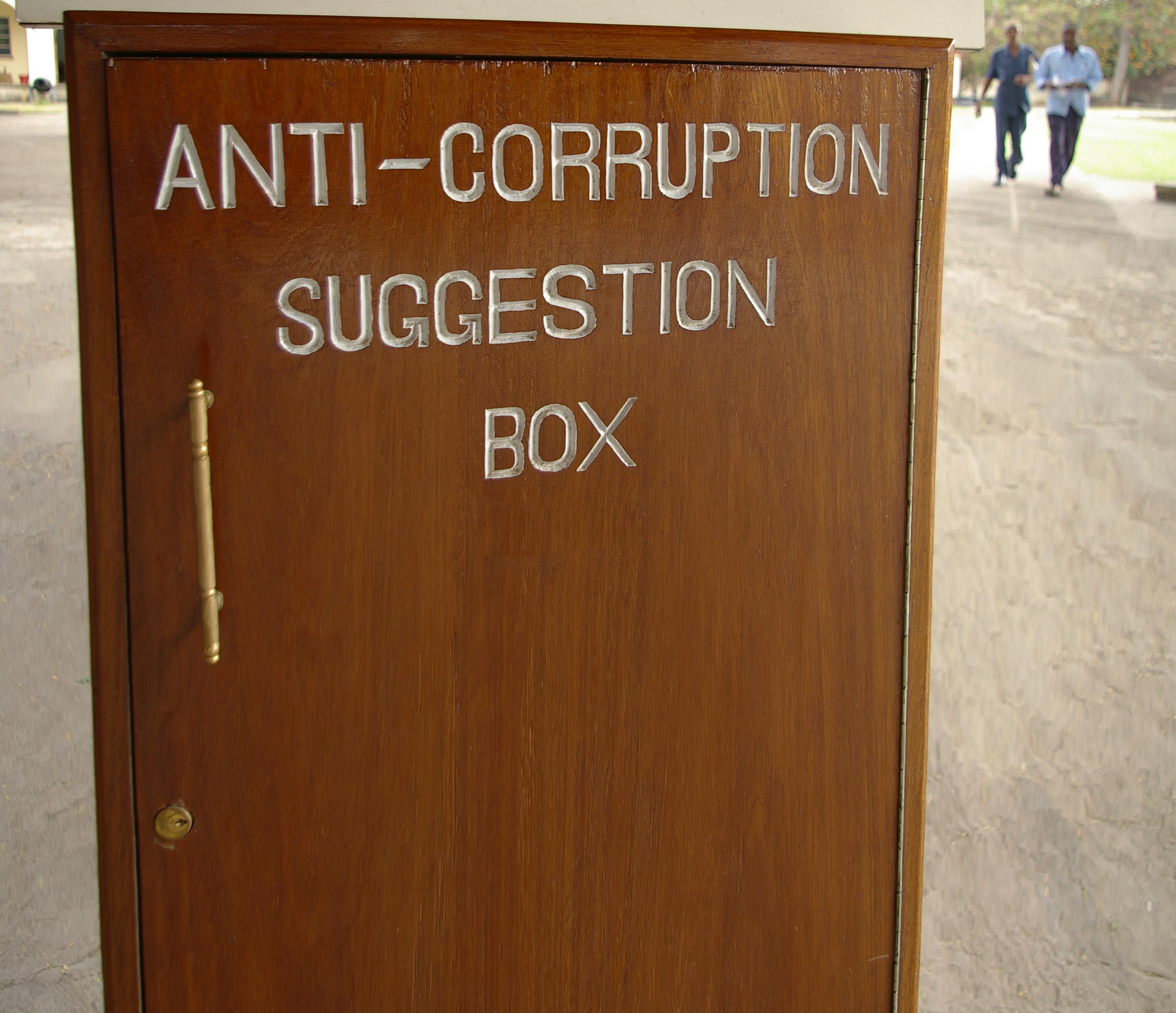This publication is from 2015. Newer material may be available. Please search related topics and keywords.
Evidence paper on corruption
Published by DFID in January 2015
(The paper was written by a team led by Alina Rocha Menocal who was then at the Overseas Development Institute and several others including anti-corruption advisers working for U4 at the time: Nils Taxell, Jesper Stenberg Johnsøn, Aranzazú Guillan Montero, Francesco De Simone, and Kendra Dupuy.)
Access PDF version
Headline messages
What are the factors that facilitate corruption?
- A variety of economic, political, administrative, social, and cultural factors enable and foster corruption.
- Corruption is collective rather than simply individual, going beyond private gain to encompass broader interests and benefits within political systems.
- Corruption is a symptom of wider governance dynamics and is likely to thrive in conditions where accountability is weak and people have too much discretion.
- The collective and systemic character of corruption makes it entrenched and difficult to address.
- Democracy does not in itself lead to reduced corruption.
What are the gender dimensions of corruption?
- There is no conclusive evidence that women are less predisposed to corruption than men.
- Greater participation of women in the political system and political processes is not a “magic bullet” to fight corruption.
What are the effects of corruption on growth and broader development?
- The effect of corruption on macroeconomic growth remains contested, and corruption has not been a determining factor constraining growth.
- Corruption has a negative effect on both inequality and the provision of basic services, disproportionately affecting poor people.
- Lack of trust, reduced legitimacy, and lack of confidence in public institutions can be both a cause and an effect of corruption.
- Corruption has a negative effect on domestic investment and tax revenues.
- At the micro level, corruption imposes additional costs on growth for companies, especially in terms of their performance and productivity.
- The relationship between corruption and fragility varies: it can be a source of conflict but has also been an important stabilizing factor in some settings.
- Corruption has negative consequences for the environment.
What anti-corruption measures are effective?
- Not all types of corruption are the same; differing responses are needed depending on the context (one size does not fit all).
- Anti-corruption measures are most effective when other contextual factors support them and when they are integrated into a broader package of institutional reforms.
- Public financial management reforms are effective in reducing corruption.
- In the right circumstances, supreme audit institutions, social accountability mechanisms, and organized civil society can be effective in combating corruption.

